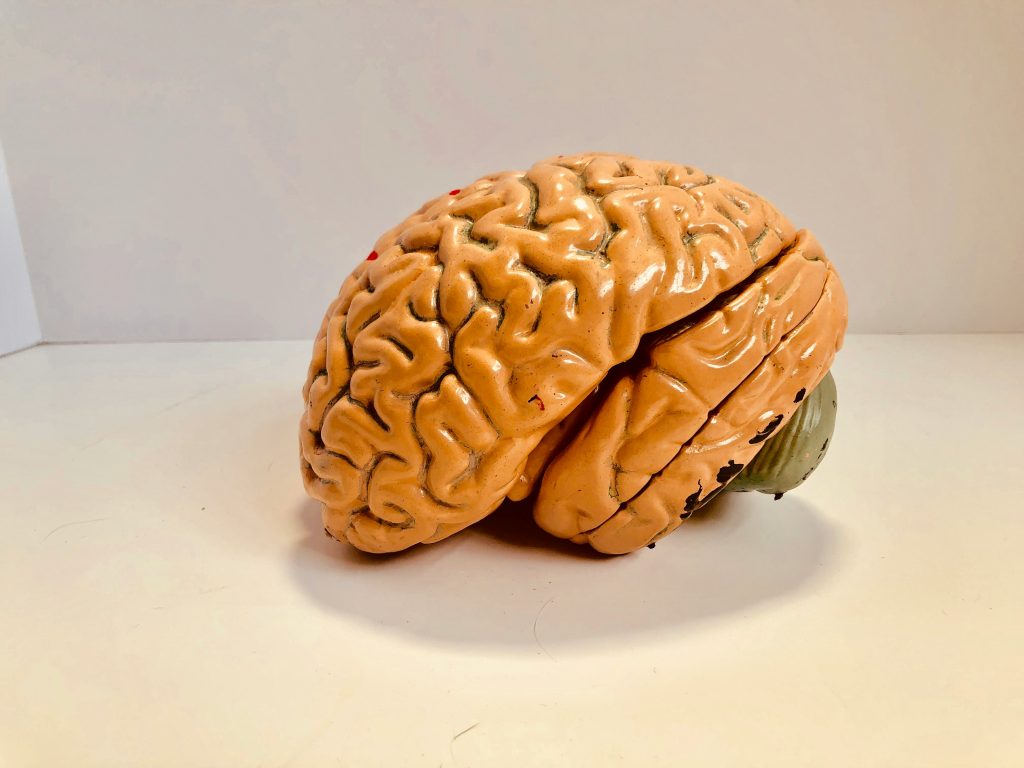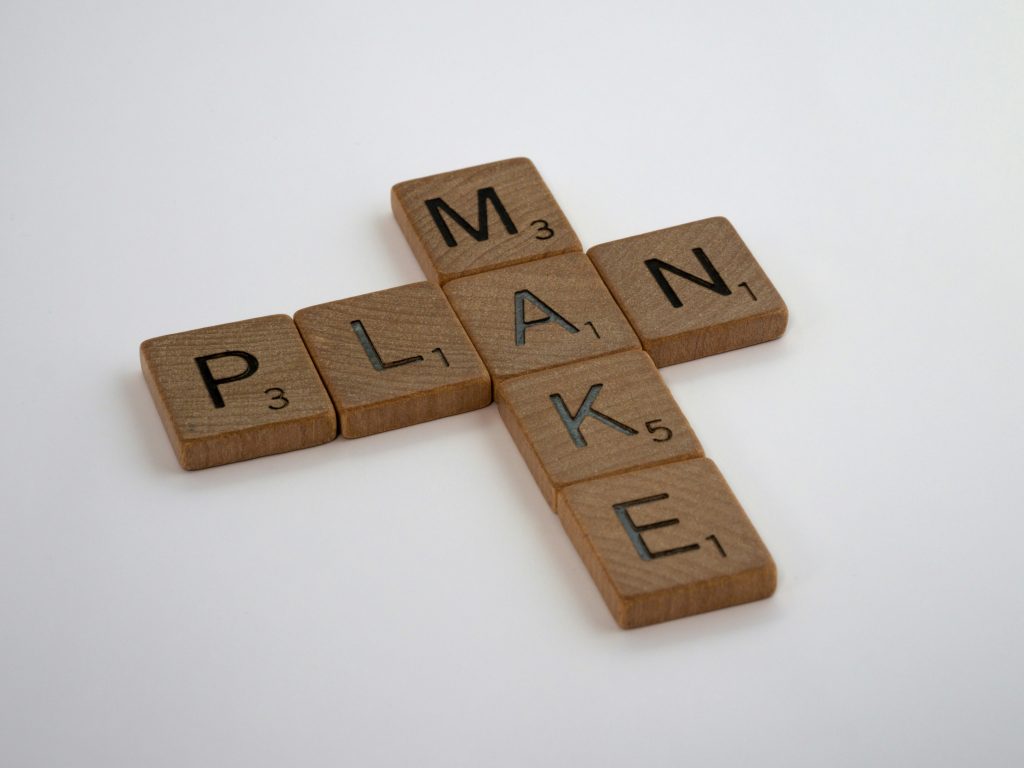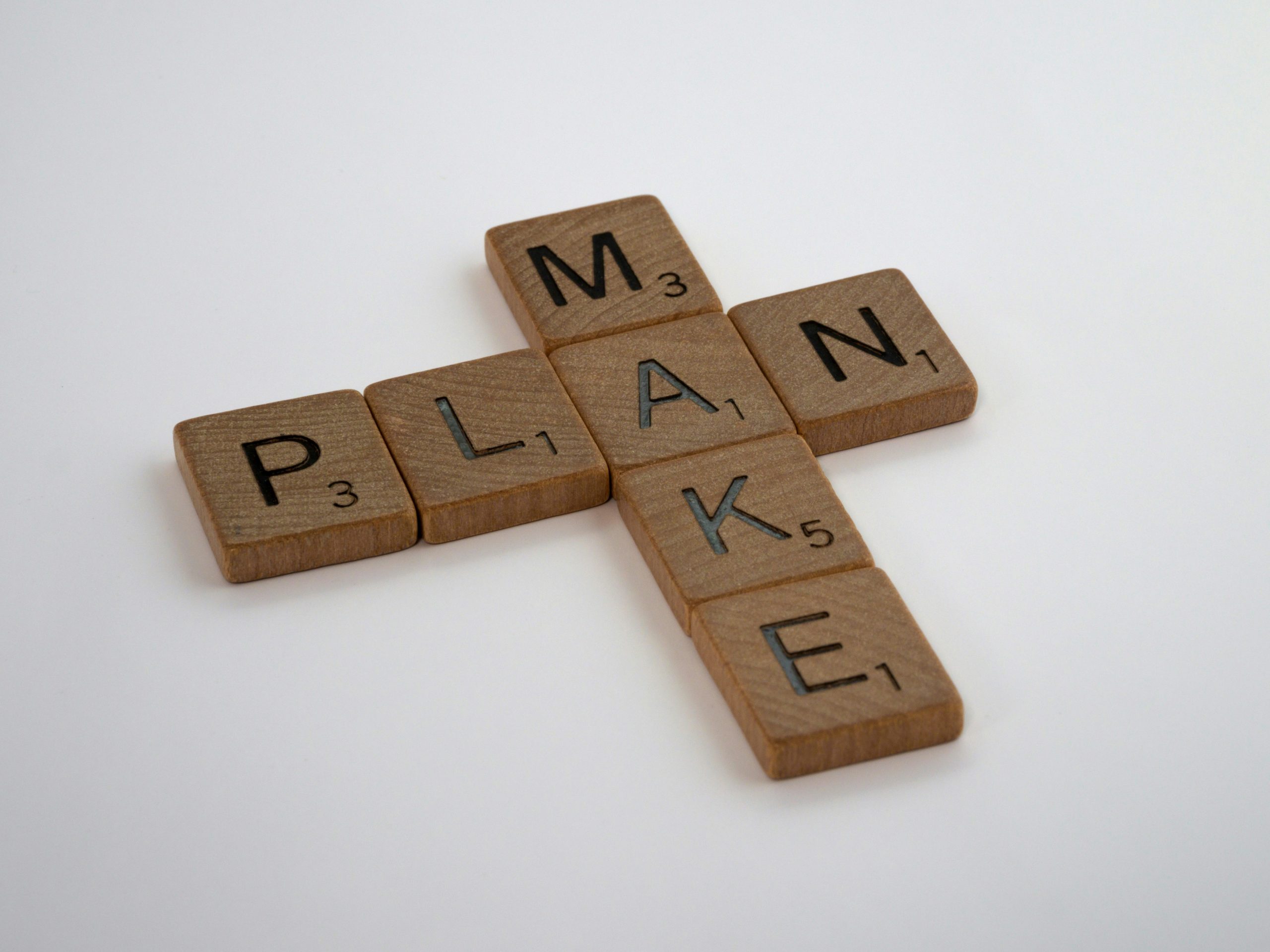We are not to blame for cravings. They are a part of addiction.
The sudden onset of alcohol cravings can confuse those accustomed to recovery. Our recovery is solid, we have dependable social networks and communities surrounding us, and we’ve entered a more uncomplicated phase of recovery where we’re not holding on to sobriety as fiercely. But then, a craving appears and sets us off.
No matter how long we have been in recovery, we all of a sudden believe we can handle drinking responsibly.
The impacts of alcohol cravings never change, even though they are either less frequent or wholly foreign to us now than in the early stages of our recovery. And when we give in to these cravings, we run the risk of fooling ourselves into thinking incorrectly (or even drinking): we might doubt that we have the disease of addiction, we might concentrate on the positive aspects of our current addiction and ignore all of the risks it poses, or we might believe any number of lies our addiction might tell us.
What Exactly Are Alcohol Cravings? What are the Symptoms?
Despite significant scientific differences over the concept of craving, we can isolate the key components of alcohol cravings to produce a helpful description for people in recovery.
When we have an alcohol craving, we anticipate indulging in alcohol or other drugs. Additionally, this might result from withdrawal or a response to specific stimuli, such as being around drinkers or recalling a fun time when drinking was involved.
When we crave, our bodies’ responses can vary or even be contradictory: some people may feel more arousal while others may feel their pulse rates drop. Alcohol cravings are highly subjective, so we must identify the factors that set them off and devise a strategy to control them. Cravings are ultimately not our responsibility. They are an organic sign of addiction.
Your Brain Causes Cravings
As was already said, cravings can be caused by withdrawal or by the presence of a trigger. For those who have maintained their recovery, the cues and triggers usually make them crave certain foods, drinks, or drugs.
Cravings always start in the brain, no matter what.
To return to homeostasis, or its normal functioning state (where alcohol is now heavily engaged), the brain will need more alcohol when we stop drinking since suppressing some neurochemicals will increase this need. Simply put, alcohol causes our brain to start regulating itself. Without it, the brain puts alcohol-related chemical demands on the body.
The yearning that a cue cause has a memory component. Our brain is overrun with reward molecules like dopamine when we use alcohol and other drugs. Our memory and brains continue to link drinking to this rush of reward long after our last drink. When exposed to a cue or stimulation, our brains beg for additional reward molecules that awaken those dormant memories. Thus, a craving develops.

How Should We Address Alcohol Cravings?
How we react to a craving will depend on its nature. Alcohol cravings are most likely a physiological and neurological reaction to alcohol withdrawal, whether we are still drinking or have started the recovery process. To not have to rely solely on self-control, we would be best served by speaking with an addiction therapist or medical professional, and asking for assistance.
Making a plan is necessary if we are dealing with cravings brought on by cues or triggers. We cannot completely sever the connection between alcohol and our brain. Because of alcohol use disorder, our brains have a wide range of associations with alcohol that we cannot easily change. And alcohol has a significant role in our culture; it is used to mark a variety of emotions, including joy, sorrow, boredom, celebration, and many more, which means there are many triggers.
Making a Plan to Reduce Our Alcohol Cravings
Any relapse prevention strategy should start with a pattern and trend analysis. What signals or factors cause us to seek alcohol? These may include:
- The cues that we encounter, such as alcohol advertisements or debt collection
- The things we do, like going to a cricket match or having a quiz night at a friend’s house
- The techniques we can employ to relax, such as meditation or exercise,
We may start anticipating, preparing for, and taking action against a significant portion of triggers by figuring out the cues and triggers that make us need alcohol.
Relaxing techniques can be used to redirect our attention away from the momentary discomfort when signs are completely unanticipated; after all, cravings are always fleeting unless we give in to them. We have little to fear if we identify our emotions and let them naturally rise and fade.
We then rely on our support systems for the challenges we need help overcoming. Call your12 Step sponsor or your therapist.

What to Remember About Cravings
In the end, cravings are a typical sign of addiction. When we crave alcohol or drugs after going without them for a while, it is unavoidably unexpected, uncomfortable, and sometimes even perplexing.
Although our brains are wired to respond to cravings through neurological pathways and memories, with a bit of forethought, time, and patience, our brains may continue to rewire themselves. All we have to do is give recovery a chance.
If you or a loved one is struggling with an addiction issue, call Freephone 0800 140 4044
Freephone: 0800 140 4044
Local rate: 0300 330 3040
Contact us here to find out more

